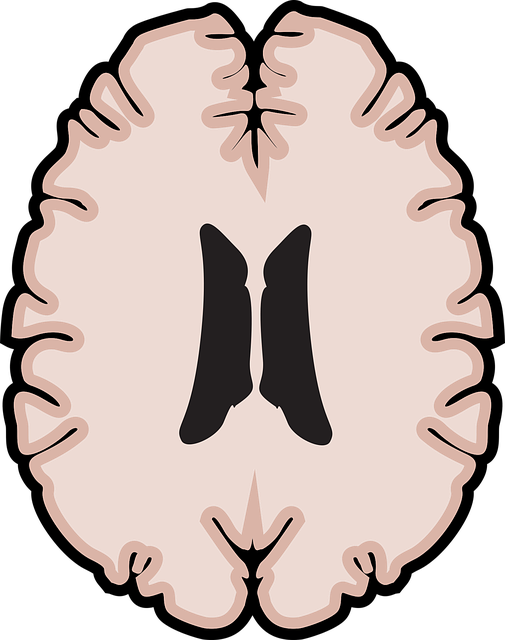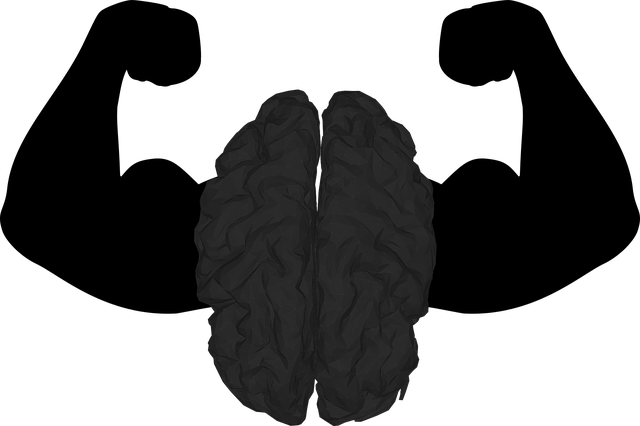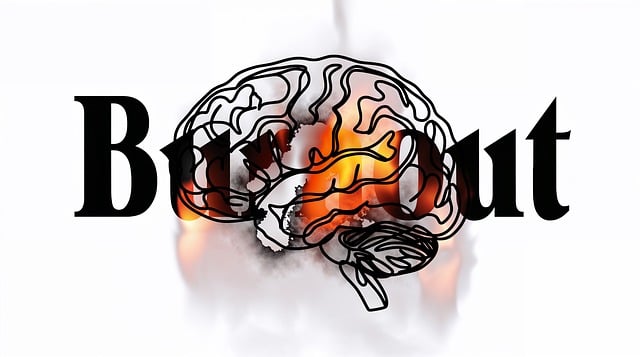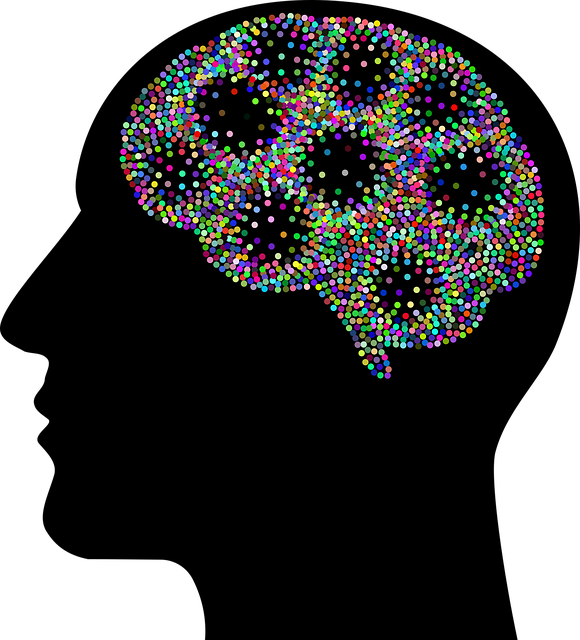Evaluating the impact of Lafayette Child Abuse Therapy (LCAT) involves a multi-faceted approach combining structured interviews, standardized assessments, and qualitative data from participant journals or focus groups. Key performance indicators include reduced child abuse instances, improved family dynamics, enhanced mental health literacy, and increased confidence. Stakeholder engagement, including clients, therapists, and community partners, offers diverse perspectives on program effectiveness. This collaborative approach ensures comprehensive evaluation, facilitating improvements and enhancing client confidence, ultimately fostering better mental wellness outcomes. By integrating both qualitative and quantitative data analysis, LCAT can identify successful components, areas for improvement, and potential risks, ensuring a holistic evaluation of its programs.
Evaluating mental wellness programs is paramount for ensuring their effectiveness, especially in initiatives like Lafayette Child Abuse Therapy. This article delves into four key evaluation methods: assessing program impact through specific metrics, harnessing participant feedback, fostering stakeholder engagement, and rigorously analyzing data to drive improvement. By examining these components, we can better understand the success of programs like Lafayette Child Abuse Therapy and make informed adjustments for enhanced mental wellness outcomes.
- Assessing Program Impact: Methods and Metrics for Lafayette Child Abuse Therapy
- Participant Feedback: Voices from Within the Program
- Stakeholder Engagement: Collaboration for Comprehensive Evaluation
- Data Analysis and Interpretation: Unlocking Insights for Improvement in Mental Wellness Programs
Assessing Program Impact: Methods and Metrics for Lafayette Child Abuse Therapy

Evaluating the impact of Lafayette Child Abuse Therapy (LCAT) programs is a multifaceted process that goes beyond simple satisfaction surveys. To accurately gauge LCAT’s effectiveness, researchers and practitioners employ diverse methods and metrics. These include structured interviews, standardized assessment tools, and qualitative data from participant journals or focus groups. By assessing changes in symptoms, emotional regulation skills, and coping mechanisms, the program’s success can be measured.
Key performance indicators (KPIs) such as reduced instances of child abuse, improved family dynamics, and enhanced mental health literacy serve as crucial metrics. Additionally, tracking participants’ self-reported confidence boosting and mental illness stigma reduction efforts provides valuable insights into LCAT’s broader societal impact. This holistic approach ensures that the program’s success is not only reflected in individual improvements but also in the overall advancement of mental health awareness and community well-being.
Participant Feedback: Voices from Within the Program

Participant feedback is a powerful tool for evaluating mental wellness programs like those offered by Lafayette Child Abuse Therapy. By listening to the voices and experiences of individuals directly involved, therapists and program developers can gain valuable insights into the program’s impact and identify areas for improvement. This qualitative data offers a nuanced perspective, capturing not just the success stories but also the challenges faced by participants.
Incorporating participant feedback involves encouraging open communication through various channels, including surveys, focus groups, and one-on-one interviews. This approach allows individuals to share their unique journeys, highlighting aspects such as therapeutic techniques they found most beneficial, areas where support could be enhanced, and personal growth they experienced. For instance, many participants in Lafayette Child Abuse Therapy’s programs have expressed improvements in stress management skills, including the adoption of mindfulness meditation practices, which is a key component of their treatment approach. This feedback loop is essential for refining the Mental Health Policy Analysis and Advocacy strategies and ensuring that services remain aligned with the evolving needs of the community.
Stakeholder Engagement: Collaboration for Comprehensive Evaluation

Stakeholder engagement is a vital component of comprehensive program evaluation for mental wellness initiatives, especially in complex scenarios like Lafayette Child Abuse Therapy. Involving various stakeholders, including clients, therapists, and community partners, ensures a multi-faceted approach to understanding the program’s impact. This collaborative effort allows for diverse perspectives, facilitating a deeper analysis of the intervention strategies. By engaging these key players, evaluators can gather insights on the effectiveness of crisis intervention guidance provided during therapy sessions, ultimately enhancing the overall mental wellness of participants.
A successful evaluation strategy should aim to integrate feedback from all stakeholders to create a holistic picture. This collaborative process enables the identification of areas that require improvement and reinforces positive aspects, fostering an environment conducive to boosting client confidence. Such engagement ensures that the program’s evaluation is not just a numerical analysis but a reflective practice that adapts and grows based on real-world experiences, particularly relevant in addressing sensitive issues like child abuse and its aftermath.
Data Analysis and Interpretation: Unlocking Insights for Improvement in Mental Wellness Programs

Evaluating mental wellness programs requires a robust data analysis approach to uncover key insights and drive improvements. By employing qualitative and quantitative methods, professionals can gain a comprehensive understanding of program effectiveness. This process involves analyzing participant outcomes, satisfaction levels, and behavioral changes. For instance, tracking progress in Lafayette Child Abuse Therapy settings through structured interviews, surveys, and case studies provides valuable information on the impact of interventions.
Interpretation of these data allows for identifying successful components, areas needing enhancement, and potential risks. For example, self-awareness exercises might reveal improved emotional regulation among participants, indicating their effectiveness. Conversely, risk assessment for mental health professionals can uncover challenges in handling complex cases, prompting the development of additional training or support mechanisms. Integrating self-care practices into these evaluations ensures a holistic perspective, recognizing that both the well-being of clients and care providers are essential for optimal program outcomes.
Evaluating mental wellness programs, such as the Lafayette Child Abuse Therapy, requires a multifaceted approach. By combining assessment methods that measure program impact, leveraging participant feedback for deeper insights, fostering stakeholder engagement for comprehensive perspectives, and conducting rigorous data analysis, we can unlock invaluable information to enhance and optimize these crucial services. This holistic evaluation process ensures that mental wellness programs not only meet but exceed expectations in supporting the well-being of their participants.













